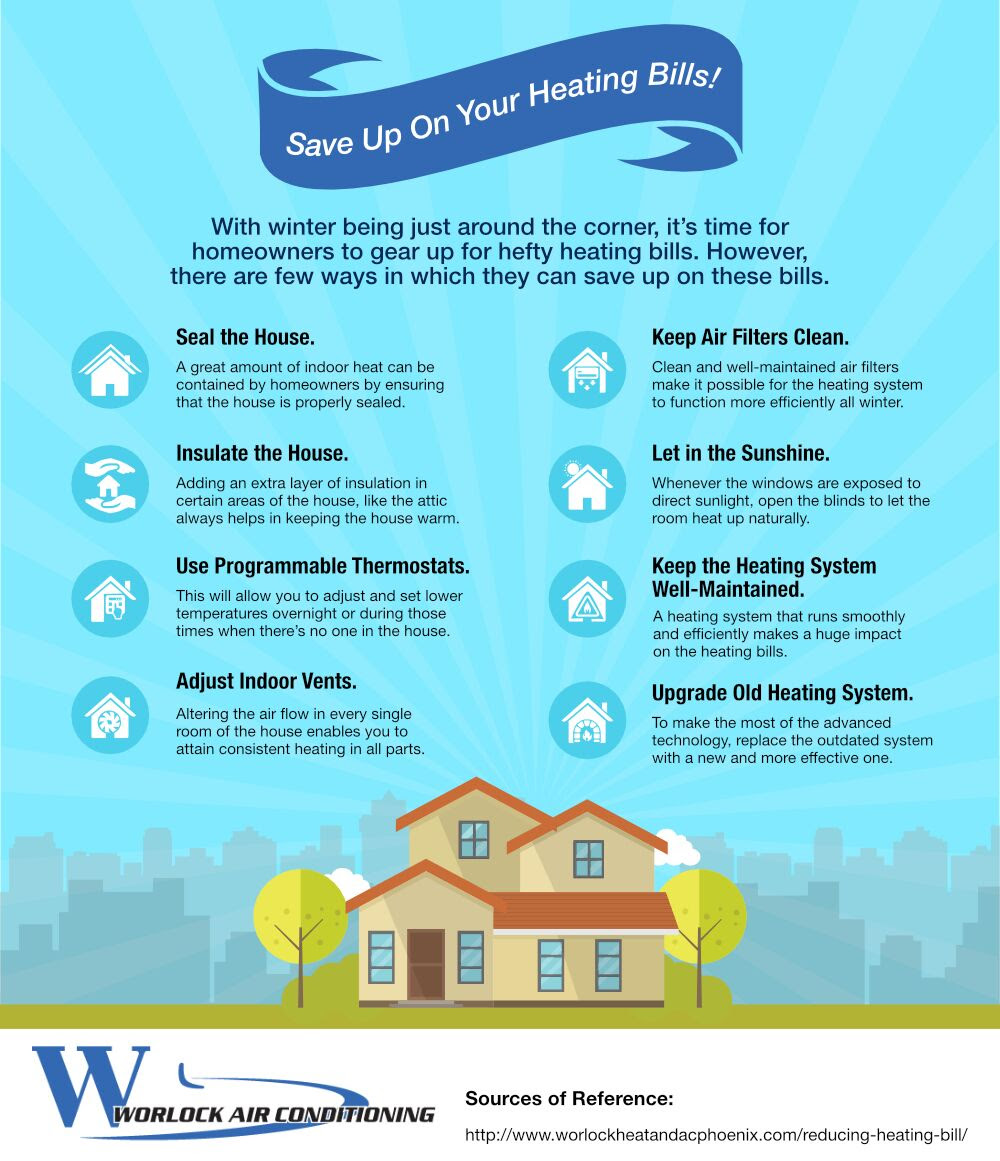Learn Exactly How To Maximize The Performance And Lifespan Of Your Heatpump System By Staying Clear Of Basic Setup Mistakes
Learn Exactly How To Maximize The Performance And Lifespan Of Your Heatpump System By Staying Clear Of Basic Setup Mistakes
Blog Article
Authored By-McDougall Crosby
When mounting a heat pump, you have to stay away from typical errors that could threaten its efficiency. Overlooking proper sizing may cause inefficiencies and higher energy prices. Overlooking insulation and securing might cause energy waste and strain on the system. Furthermore, placing the exterior device improperly might influence its efficiency. By preventing these mistakes, you can ensure optimum functioning and sturdiness of your heat pump system.
Improper Sizing of Heatpump
When it pertains to the installation of heat pumps, one of the most typical mistakes is improperly sizing the device for your area. Guaranteeing the right dimension is important for ideal performance. If the heatpump is too little, it will certainly have a hard time to warmth or cool your room effectively, leading to increased power bills and prospective damage on the unit.
On the other hand, if the heat pump is also big, it will cycle on and off frequently, causing temperature level changes and minimizing its life expectancy.
To prevent this mistake, it's essential to have a specialist assess your room and recommend the suitable size of the heat pump based on factors like square footage, insulation, ceiling elevation, and neighborhood environment. By spending the time and initiative to ensure the proper sizing, you can enjoy a comfy environment while taking full advantage of power efficiency and lengthening the life-span of your heat pump.
Inadequate Insulation and Sealing
To make certain the reliable operation of your heatpump, it's critical to address inadequate insulation and securing in your area. Correct insulation helps keep a regular temperature level indoors, lowering the work on your heatpump. Poor insulation can cause power loss, making your heat pump work harder and less effectively.
Securing any gaps or leakages in your room is just as important. These spaces permit conditioned air to run away and outside air to permeate in, compeling your heatpump to compensate for the temperature level fluctuations.
Wrong Placement of Outdoor Unit
Dealing with the placement of your heatpump's outdoor system is vital to enhancing its performance. Mounting the outside unit in a wrong location can result in effectiveness problems and potential damage to the device.
https://www.washingtonpost.com/business/2019/12/03/homeowners-tips-when-repair-when-replace/ to prevent is putting the outdoor unit as well close to a wall or other frameworks. https://sergiomgbup.blogadvize.com/38238503/heatpump-fixing-myths-debunked-what-you-truly-need-to-know can limit airflow, causing the device to work tougher to warmth or cool your space, inevitably lowering its performance and life expectancy.
One more error to stay away from is positioning the outside system in direct sunshine. While ac service is unavoidable, excessive exposure can cause getting too hot, particularly during warm summertime days. It's ideal to position the exterior unit in a shaded location to assist maintain its optimum operating temperature level.
In addition, see to it that the outdoor unit is positioned on a steady and degree surface area. Uneven ground can trigger resonances and unneeded strain on the unit, affecting its efficiency over time.
Conclusion
In conclusion, staying clear of common mistakes during heat pump installation is crucial for maximizing performance and longevity of your system. By ensuring https://gutter-and-window-cleanin06283.dailyhitblog.com/36651245/a-comparison-of-air-resource-and-ground-resource-warmth-pumps-determining-the-best-selection-for-you sizing, ample insulation, securing, and appropriate positioning of the exterior system, you can prevent issues such as inefficiencies, boosted energy expenses, and stress on the unit. Taking the time to attend to these essential elements will eventually conserve you money and time in the future.
